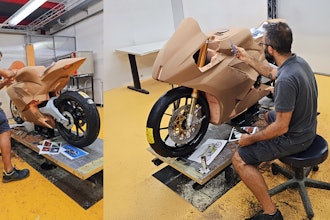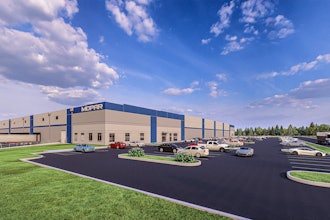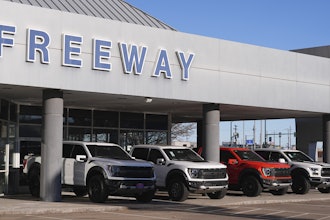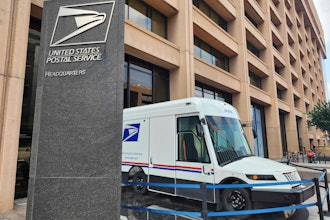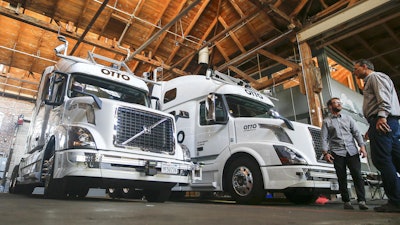
As companies work to design fleets of commercial trucks that won't need a human in the driver's seat, Louisiana lawmakers have written rules of the road that self-driving vehicles will need to follow to truck commerce across the state.
Though significant use of the vehicles may be years away, Louisiana's new regulations take effect Aug. 1, recently signed by Gov. John Bel Edwards. The legislation received near-unanimous support from lawmakers who said they want to embrace the new technology, try to lure companies that build the trucks and get ready for self-driving vehicles starting to show up on roadways.
"It's coming. I'm fearful of it, too," House transportation committee Chairman Terry Landry, the New Iberia Democrat who sponsored the law, told his colleagues. "We can either get on this train or we can get left behind at the depot, because it's coming."
Twenty-nine states have enacted laws involving autonomous vehicles, though they range in what's allowed, according to the National Conference of State Legislatures .
Louisiana's law will permit autonomous vehicles to transport passengers or property if they are deemed able to follow state vehicle and traffic laws, meet federal vehicle safety standards and achieve "a minimal risk condition if an (operational) failure occurs." The vehicles must be registered and have a minimum of $2 million in insurance coverage.
Under the regulations, the person or company operating the vehicles can be issued a traffic ticket or other penalties if laws aren't followed. If an accident happens, the self-driving vehicle will have to remain at the accident scene, and someone representing the company must contact law enforcement.
Louisiana's transportation department will oversee compliance with the regulations. The agency didn't seek the bill, but had input on the final version.
"While the trucks likely have the ability to run under federal law, it is important for Louisiana to implement laws that address governance, operations and liability," department spokesman Rodney Mallett said in an e-mail. "The department has met with the industry leaders and will continue to work with them as the governing agency."
The state currently doesn't have a law governing self-driving vehicles for personal use, but Mallett said the transportation department is working on a policy for them.
Louisiana's new law was backed by Starsky Robotics, a San Francisco company working on automated commercial trucking technology that uses an onboard self-driving system and a remote human operator at another location to keep the vehicles on track.
Kameron Simmons, with Starsky, described to lawmakers the company's future plans to move freight along interstate highways with remote-operated 18-wheelers that use technology similar to what's used to fly drone aircraft.
Legislators said they worried about vulnerability to hacking, questioned safety and asked if the vehicles would put some truckers out of work. Sen. J.P. Morrell, a New Orleans Democrat, referenced the artificial intelligence system that attempts to destroy humanity in a popular series of science fiction films.
"Have you seen 'The Terminator?' Are you familiar with Skynet?" he asked, raising the tongue-in-cheek concern before voting for the bill.
Supporters cited driver shortage data from the American Trucking Associations. The trucking industry trade organization said the driver shortage was around 36,500 in 2016 and expected to reach 50,000 by 2017, the most recent figures available.
"The technology is here, and I think eventually we're going to see this type of operation throughout our country," Landry told lawmakers.











